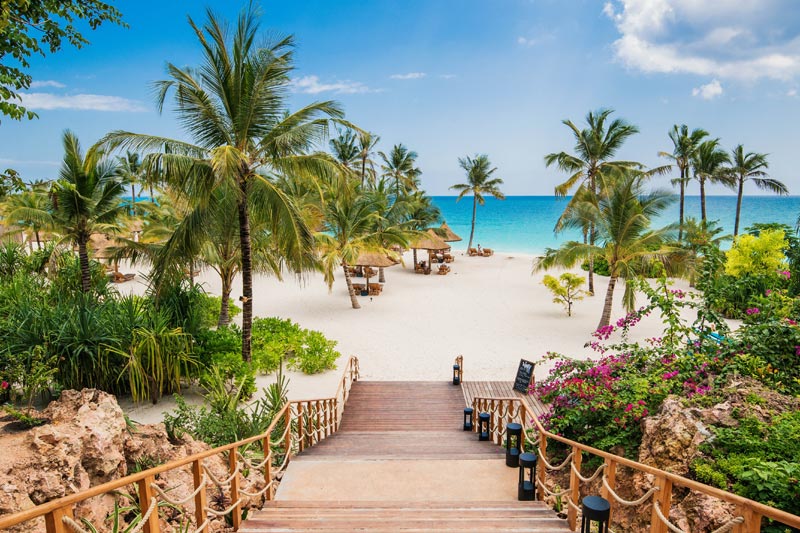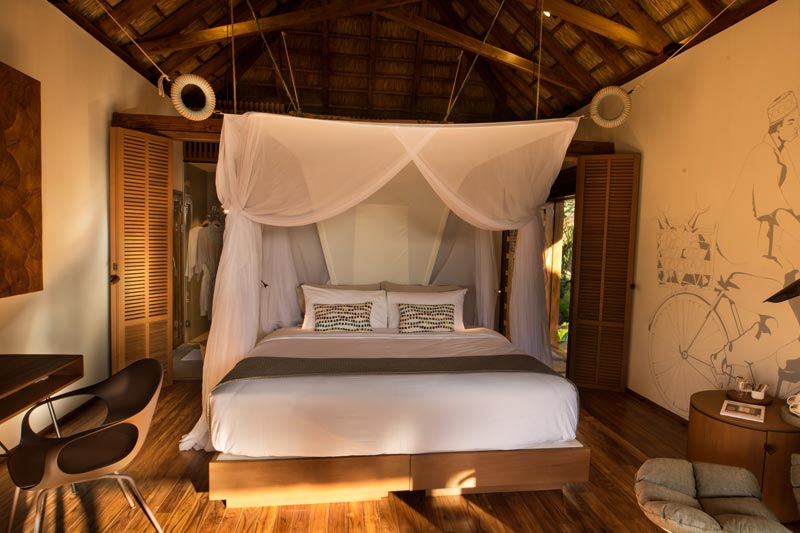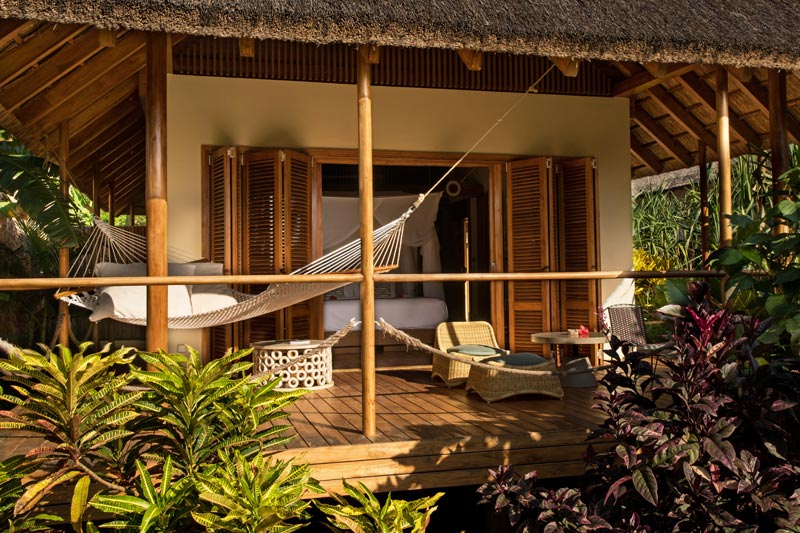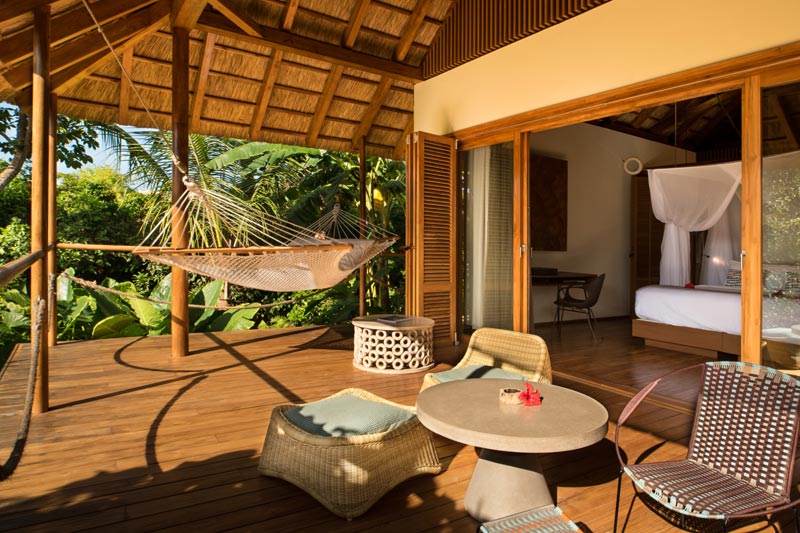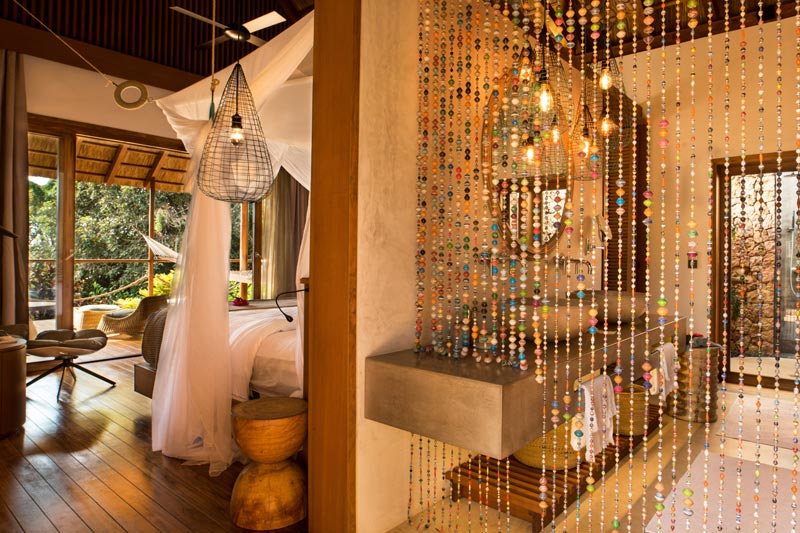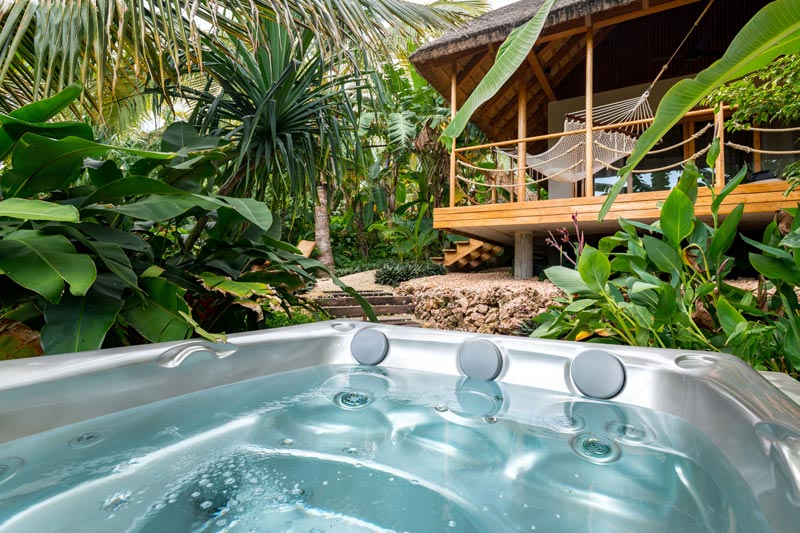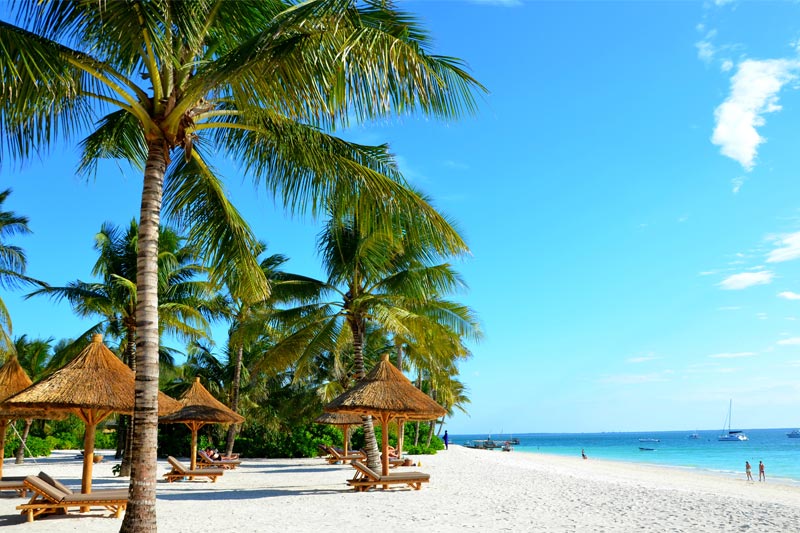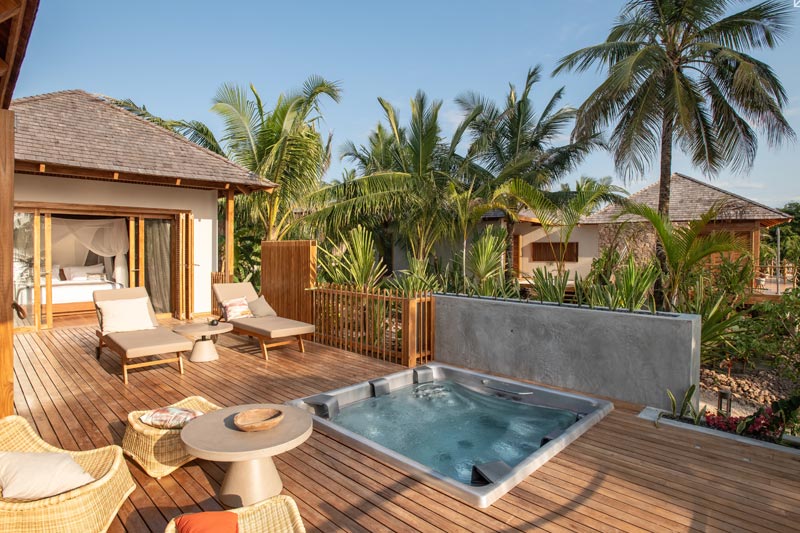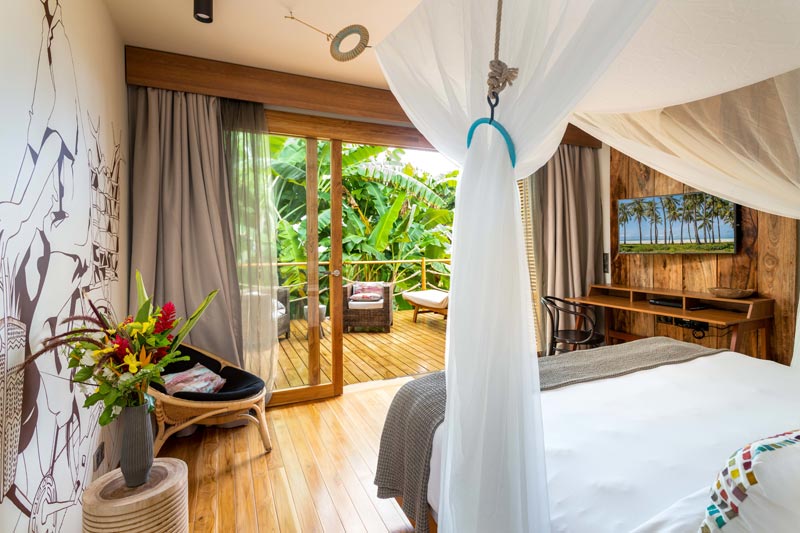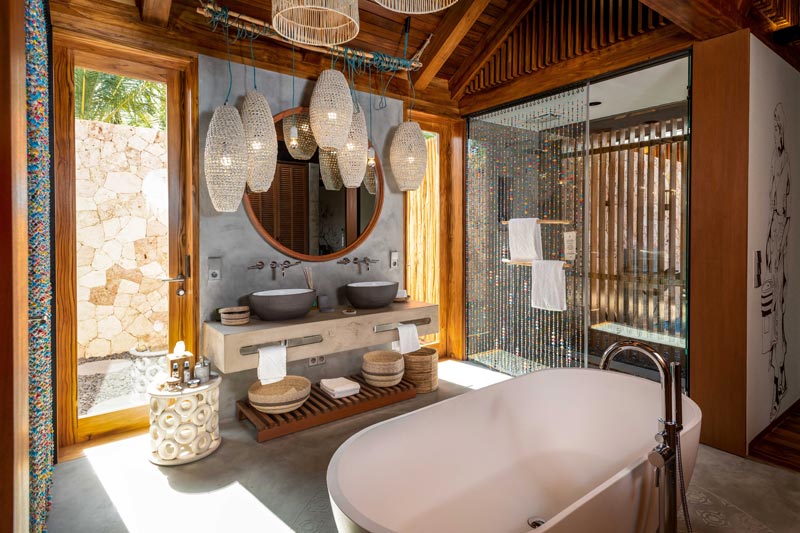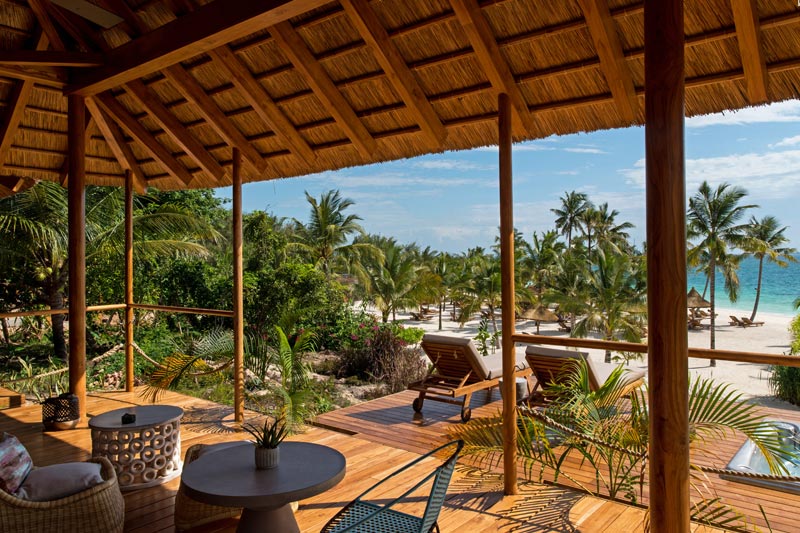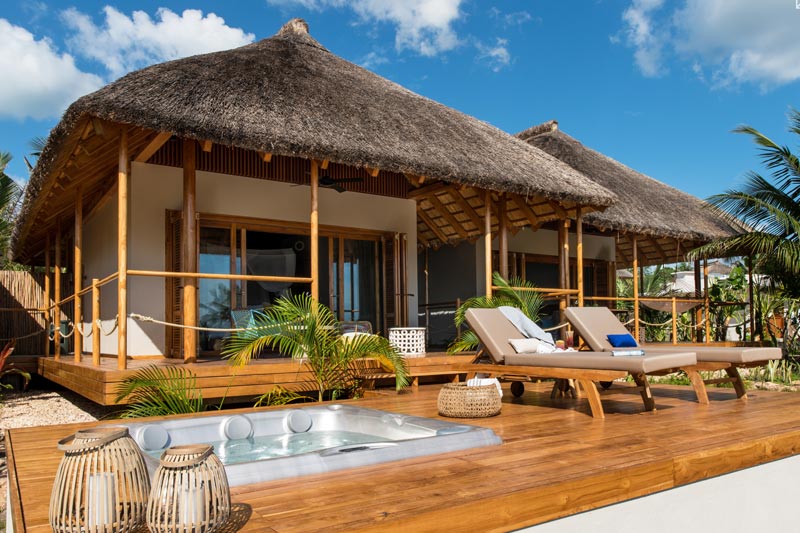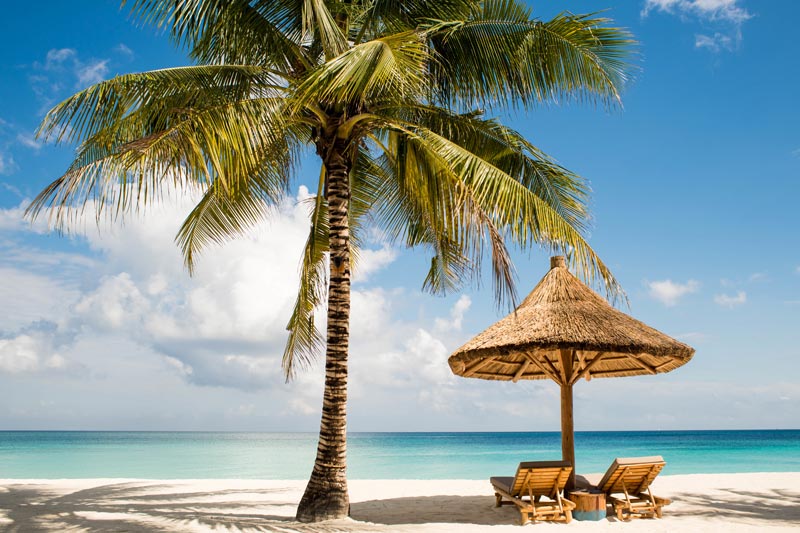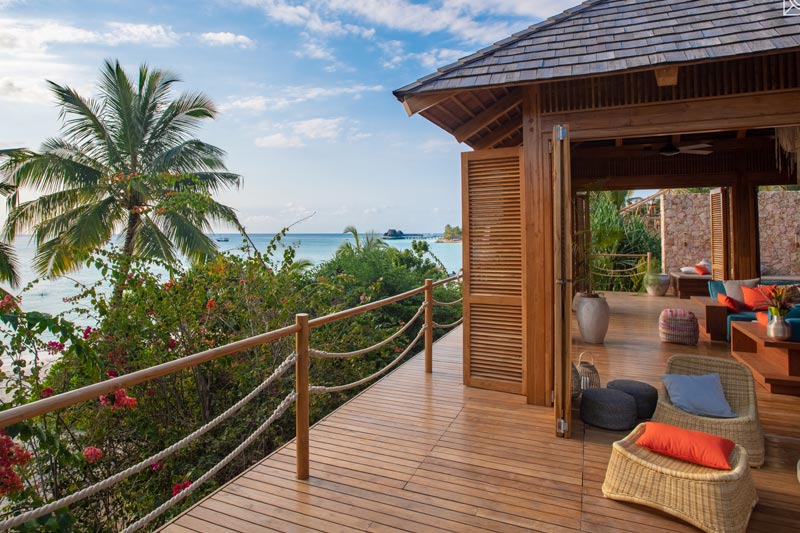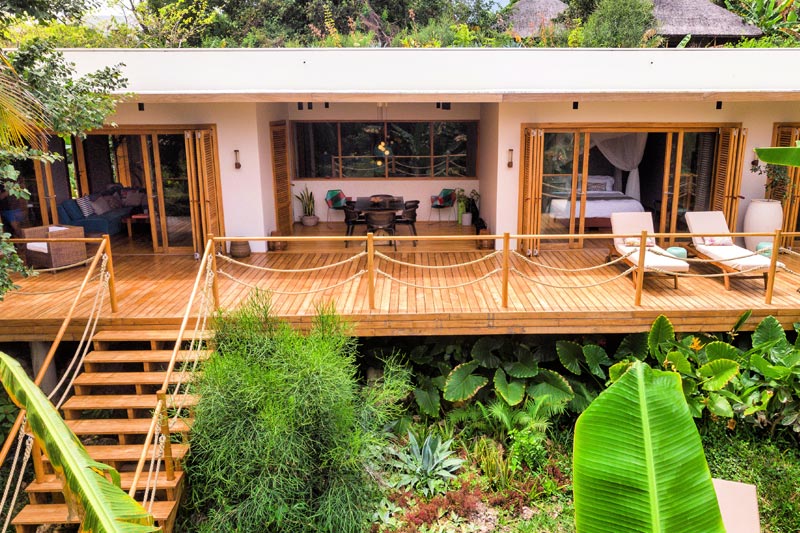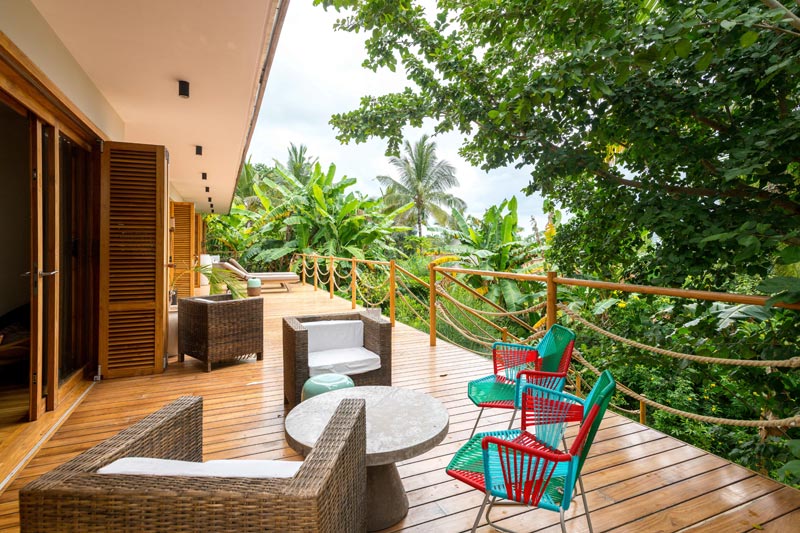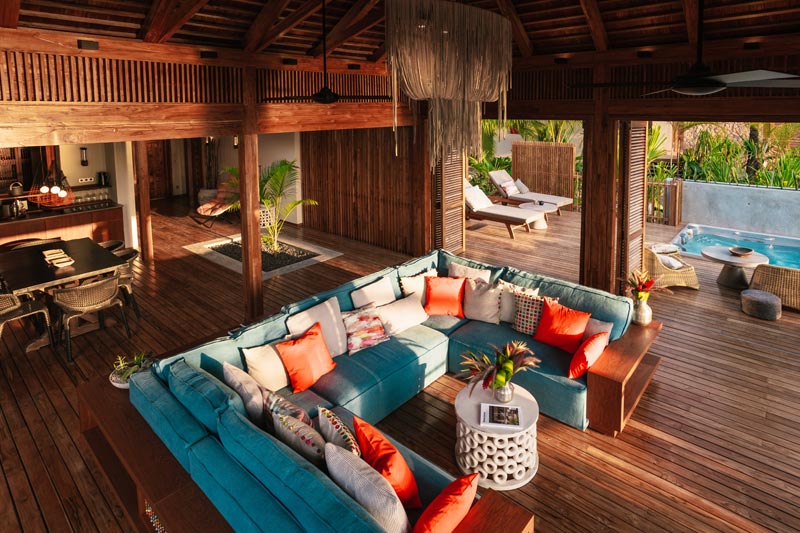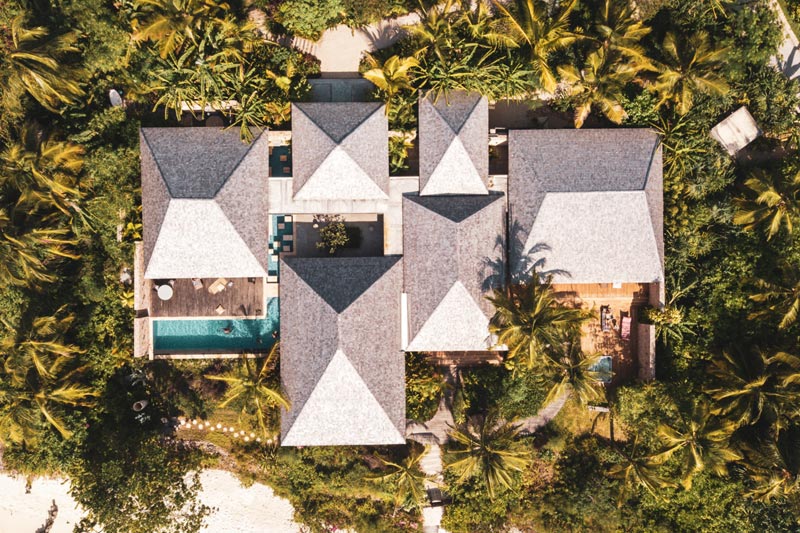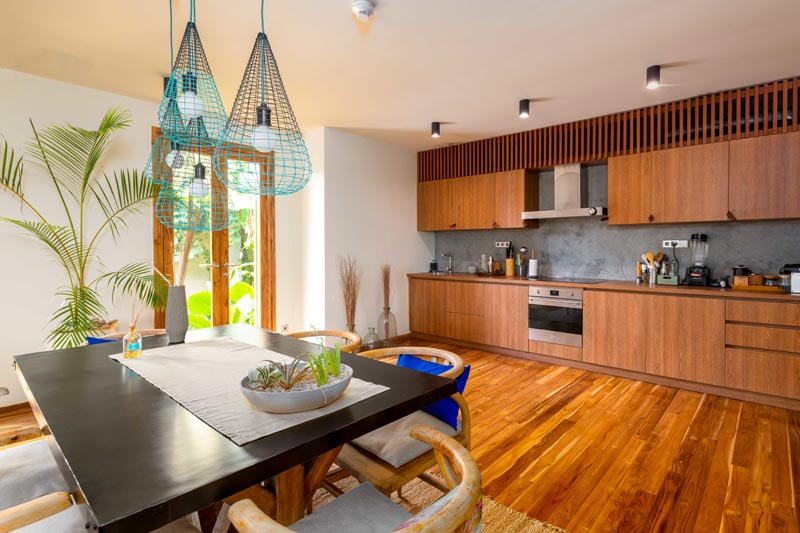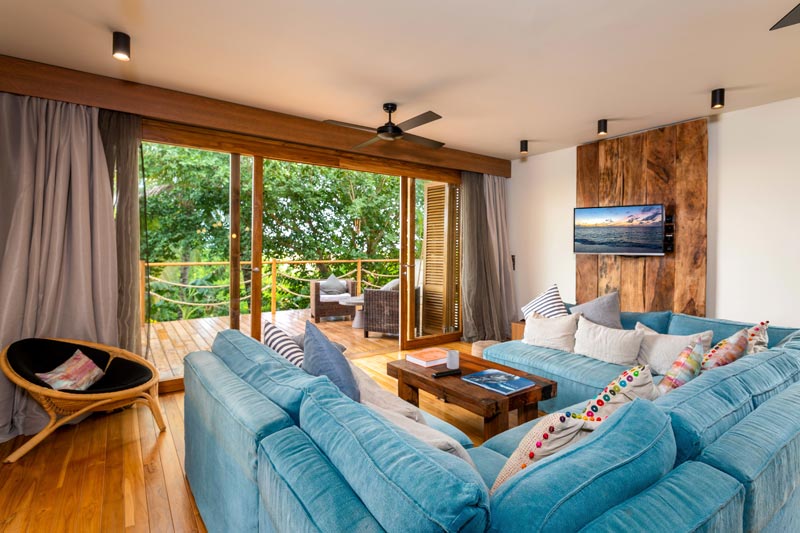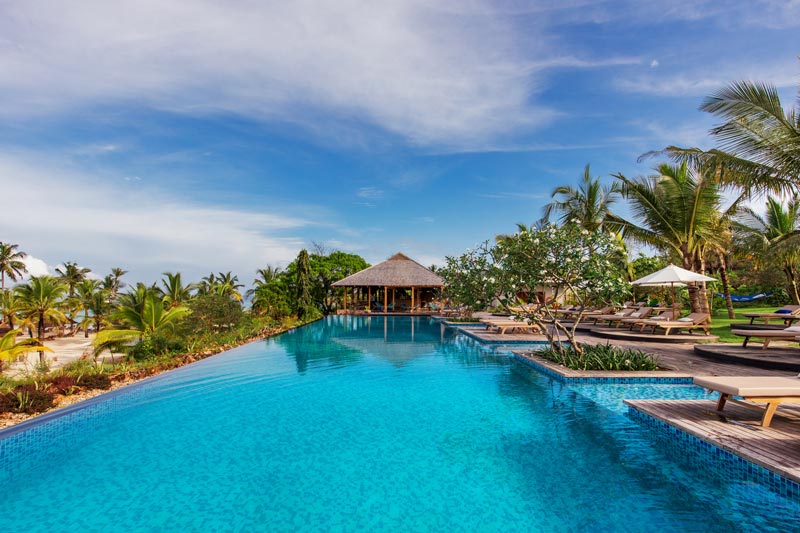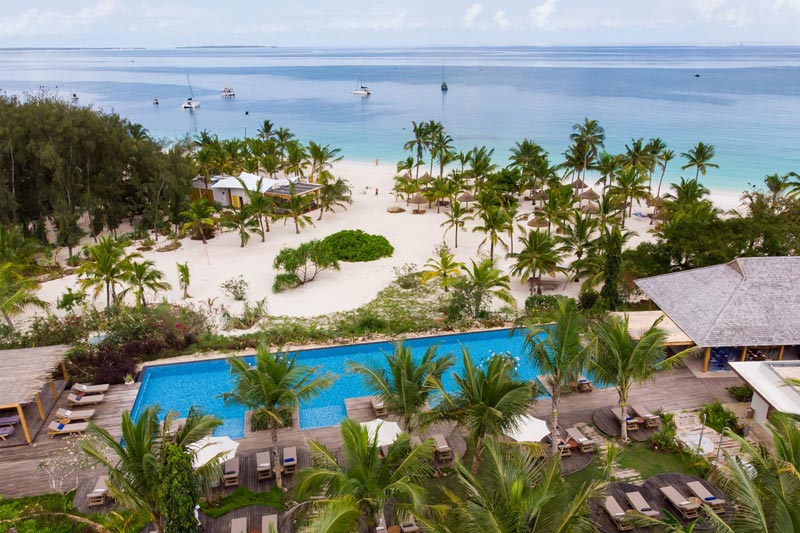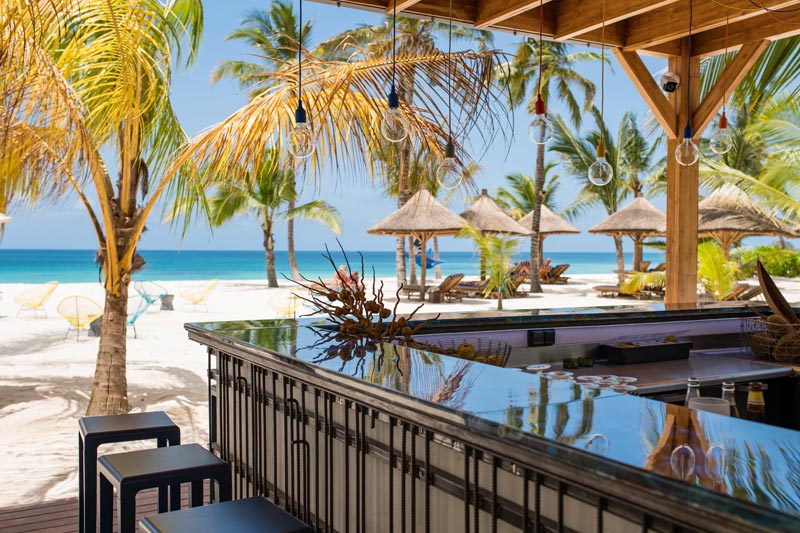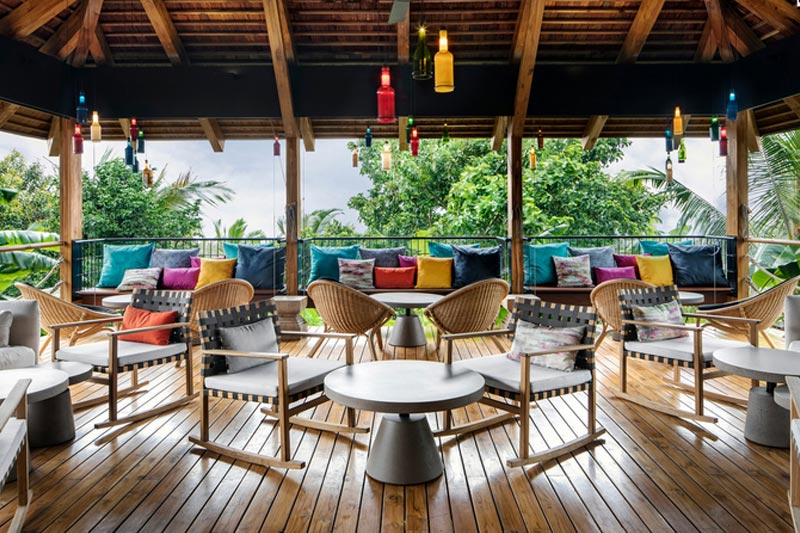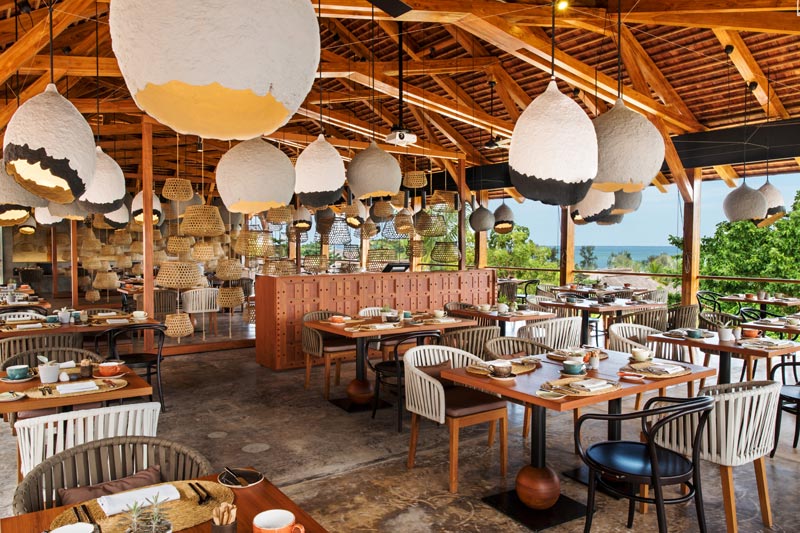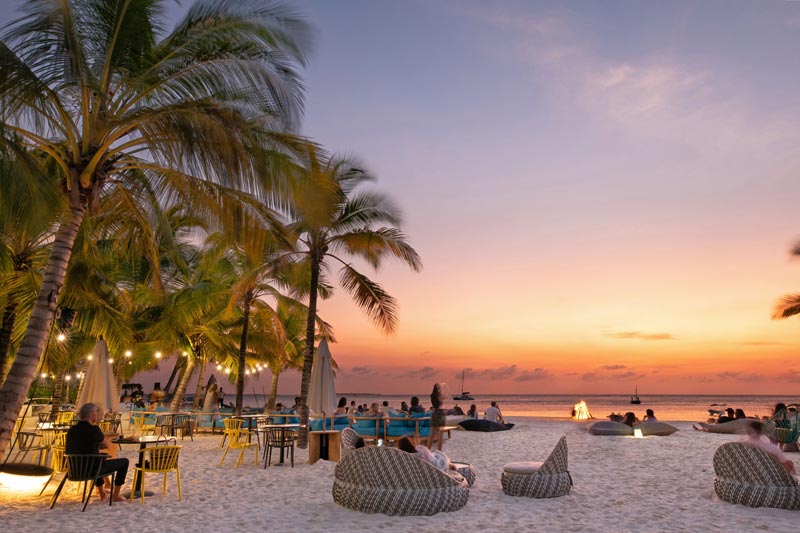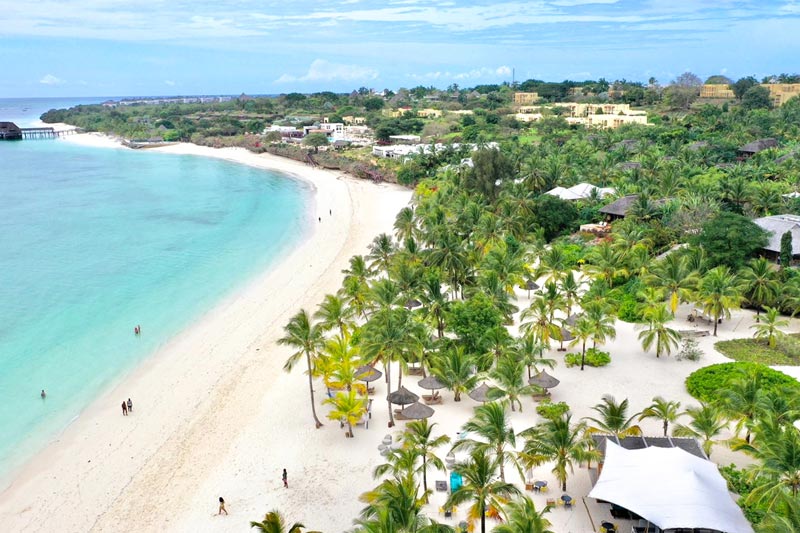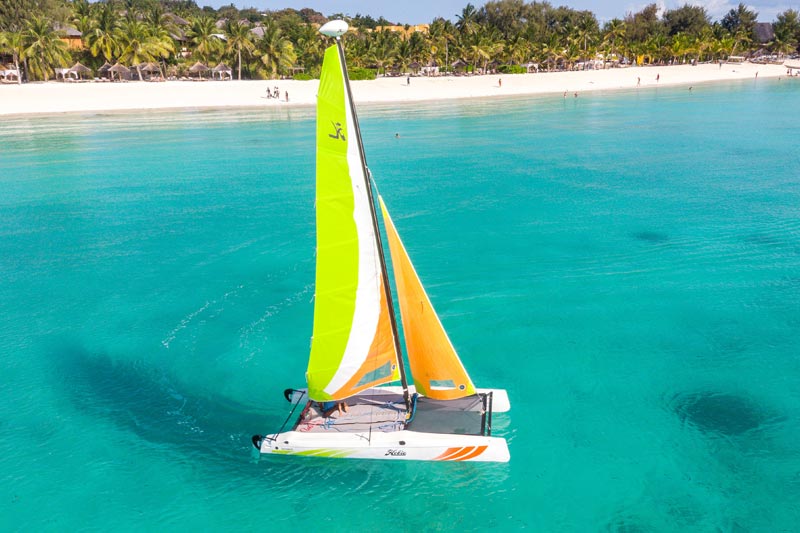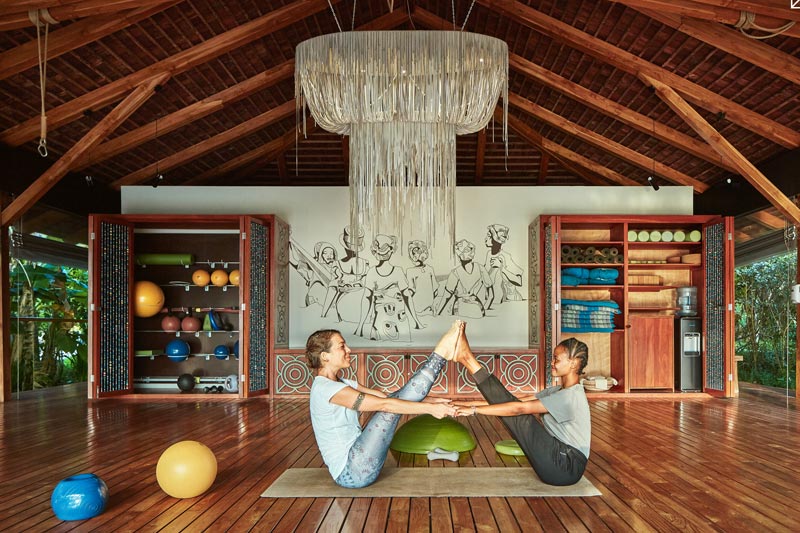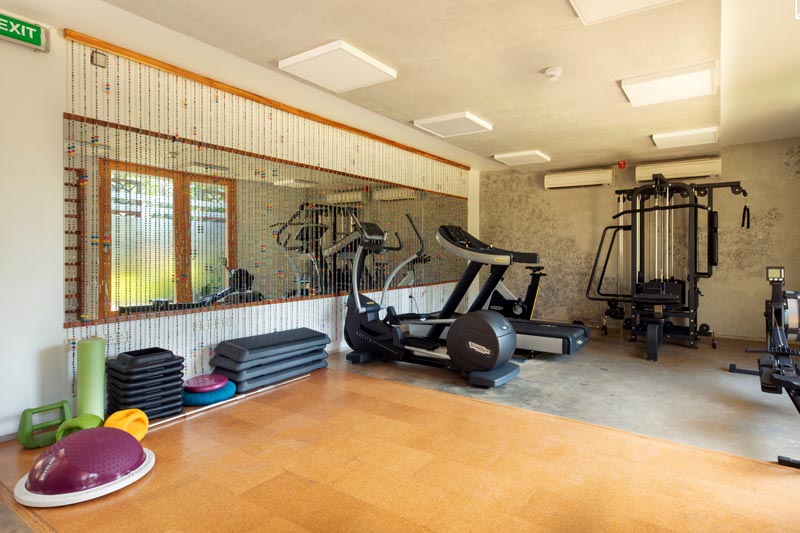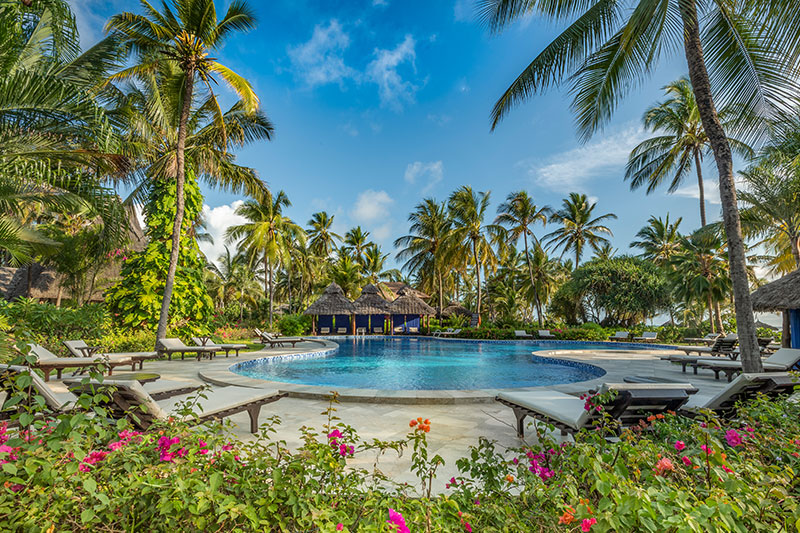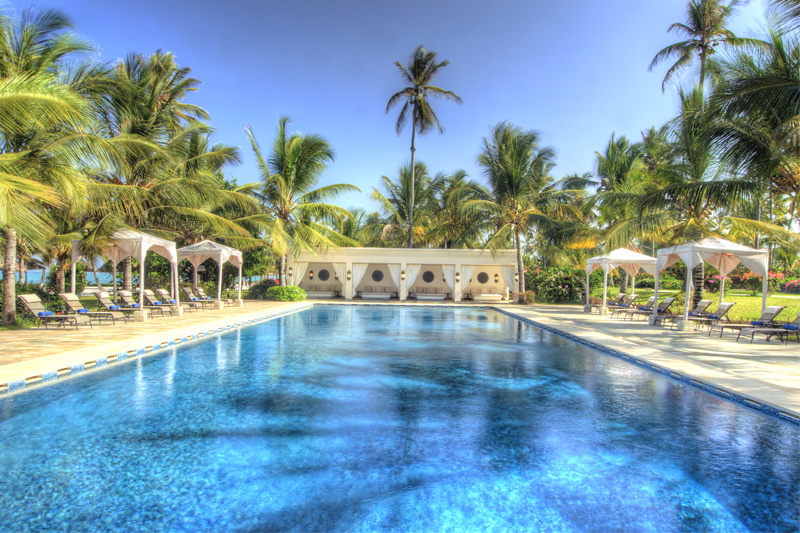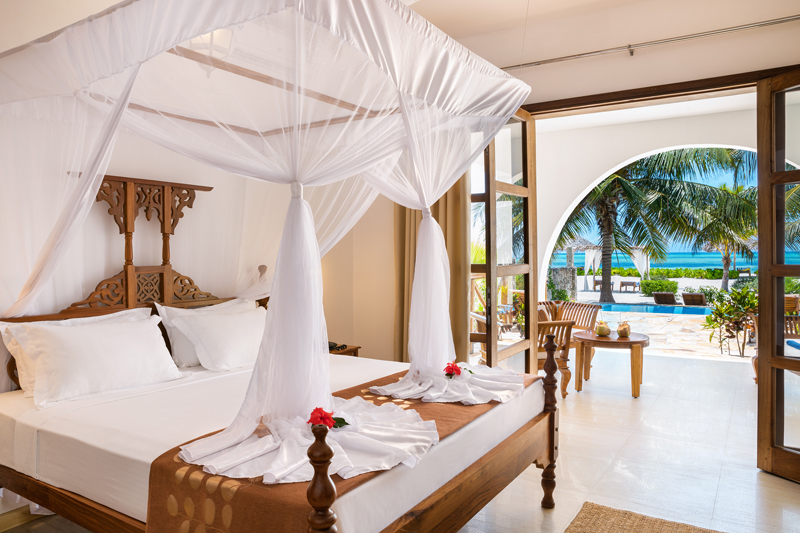Zuri Zanzibar Hotel & Resort
Zuri Zanzibar Hotel & Resort is located on the far north-west coast of Zanzibar.
Zuri Zanzibar sits on Kendwa beach in the north-west of the island and is a refreshingly luxurious offering in an area that has traditionally catered more for the backpacking market. Kendwa Beach is one of the best on the island and isn’t as affected by tides as the rest of the island so swimming in the sea is possible throughout the day. With 56 rooms, the hotel is not small, but the lush garden landscaping creates a sense of privacy. There is also a good range of accommodation from the cosier bungalows to more exclusive villas for those wanting more space and privacy. Zuri Zanzibar would suit those looking to experience this area of Zanzibar from a luxurious base and with a good range of facilities. Facing the west, sunsets from the beach are also quite spectacular.
Rooms
Accommodation consists of 56 west-facing thatched bungalows, suites and villas all with en suite bedrooms, air conditioning, mini bar, tea/coffee facilities and a room safe. Each has a spacious deck with a hammock and chairs to relax on. The en suite bathrooms include inside and outside showers, double basin and toilet (the villas and suites also have bathtubs). The bungalows are single roomed (with garden or partial ocean views), five which have private Jacuzzis and there are four pairs of interconnecting bungalows which are ideal for families. The six suites (one which is an ‘Ocean Front Suite’, while the other ‘Jacuzzi’ Suites all have garden views) all have separate bedroom and living areas plus a jacuzzi. There are four villas – an Ocean Front Luxury Three Bedroom Villa (with three en suite bedrooms, a private pool, a sitting area, dining area and entertainment room with pool table and TV); two Ocean Front Two Bedroom Villas (each with two en suite bedrooms, a living/dining area and jacuzzi); and a Garden Two Bedroom Villa (with two en suite bedrooms, a living/dining area, and large deck with outdoor dining area and jacuzzi). The suites and villas have access to their own private beach and beach bar, which is not available to the bungalow guests.
Central Areas
There are three restaurants on the property, the main being Upendo which alternates between a buffet and a la carte, the poolside Maisha offers a la carte fine dining and the Bahari beach bar provides day time snacks and lunches. The main restaurant (Upendo) is located at the top of the resort and is accessed via a considerable number of steps. There are also four bars as well as the Spice Garden and Spice House (offering Swahili cooking classes), a yoga centre and wellness area, outdoor gym and a swimming pool.
Facilities
Wi-Fi – Yes
Power for Charging – Yes
Swimming Pool – Yes
Habitat & Wildlife
Zanzibar’s, or more correctly Unguja’s (Zanzibar is the name of the archipelago which includes both Pemba and Unguja islands), history dates back more than 2000 years when the islands traded with ships from Persia, Arabia and India. From about the 10th century, groups of immigrants from Shiraz (Persia) settled on the island and mixed with the local people. In the 16th century, the Portuguese established a trading station before being ousted by Omani Arabs a couple of centuries later. In 1840, the Sultan Said moved his capital from Muscat to Zanzibar with the Omani Arabs forming an elite group of landlords and rulers. Indian settlers formed a merchant class and the island became an important centre of regional politics and the focus of the slave trade.
In 1890, Zanzibar became a British protectorate before gaining independence in 1963. In 1964, the Sultan was overthrown and nearly all Arabs and Indians expelled. Later that year, Zanzibar and Tanganyika combined to form Tanzania. Since then, many of the expelled peoples have returned.
In Zanzibar’s Stone Town (the old quarter and a UNESCO World Heritage site), a fascinating maze of narrow streets and alleyways lead past numerous old houses, mosques, ornate palaces, shops and bazaars reflecting the various influences through the ages – Arab, Persian, Indian and European. Many of the buildings date back to the 19th century and depict the wealth of its builder. Arab houses have plain outer walls with large doors leading to an inner courtyard. Conversely, Indian houses have a more open façade and large balconies with railings and balustrades. Take the chance to savour the atmosphere by dining at one of the rooftop restaurants.
The area outside the Stone Town is called Michenzani (New City), a failed attempt at becoming a modern city.
Depending on where you are staying on the island, there are a number of interesting excursions to consider. Visit a Spice Plantation, take a trip to the Jozani Forest (southern part of the island) where the rare red colobus monkey is found or visit Chumbe Island Coral Park (either as a day trip from Stone Town or overnight). Sundowner trips by traditional sailing dhow are available out of Stone Town. Due to environmental concerns, we no longer recommend swimming with dolphins.
Please remember that Zanzibar, like much of the East African coastline, has a strong Islamic culture, and that you should dress appropriately when in public areas and the Stone Town. During the month of Ramadan, further courtesy should be shown to those observing their faith, particularly in respect to service which you may find slower than usual.
The best beaches on the island are those found on the north and east coasts. However, please note that there are large tidal movements and sea swimming from most beaches during low tide is difficult. The best snorkelling is found around the Mnemba and Chumbe islands, but snorkelling is available along the length of the east coast where it is usually necessary to go out by boat to enjoy the best locations.
Like most of East Africa, the islands are affected by the monsoon winds – the Kuzi (or sometimes Kisi) which blows from April to September/October is a south-easterly which brings choppy sea conditions and seaweed to the shorelines, whereas the Kaskasi blows from the north-east from October/November to March producing calmer seas and slightly higher temperatures.
Activities
A range of beach games including petanque, racquets, sand games, volleyball and table tennis are all included in your stay, along with stand-up paddle boarding, kayaks and snorkelling kit for snorkelling from the shore (though the daily snorkelling boat trips to either Tumbatu Island or Mnemba Island will be more productive – these are at extra cost). Three wellbeing classes are also included per week. The Wimbi water sports and dive centre offers sailing, fishing and sunset dhow cruises as well as PADI diving courses.
Seasons
Zuri Zanzibar is open all year round, though Zanzibar is best avoided during the main rainy season in April and May.
While children of all ages are accepted at Zuri Zanzibar, the resort’s design and atmosphere is not suitable for younger children. There are good accommodation options with interleading bungalows, and two and three bedroom villas for those looking for an exclusive family experience with older children, but generally Zuri Zanzibar is better suited to couples.
Zuri Zanzibar has been recognized with the EarthCheck’s Sustainable Design Gold Certification. The award reflects the resort’s commitment to sustainability, by making positive changes to reduce environmental footprint and improve social impact.
The building and design of Zuri Zanzibar had sustainability in mind and used island-sourced materials and showcases local craftsmanship, from wooden floors and doors to Tanzania grass roofs (rather than Makuti thatch). Furniture is eco-friendly, crafted from recycled sailboats.
To help reduce energy consumption, automatic sensor lighting is used where practical and energy saving bulbs are installed throughout the whole property. The “Evening Breeze” cooling system used in each room consumes up to 75% less energy than a standard air conditioning system.
The hotel has its own water wells, which avoid using previous water supplies from local villages, and they have their own desalinisation plant. Natural drinking straws and glass water bottles reduce the usage of plastics.
Is committed to supporting and uplifting the local community and partners with the Zanzibar Maisha Bora Foundation to drive positive change through several key initiatives. These include: the Tumaini Initiative which provides educational support to children in need; Women & Youth Seaweed Farmers who empowers local women and youth through sustainable farming; and the “Afya Bora, Maisha Bora” Campaign which promotes health and nutrition in the community.



